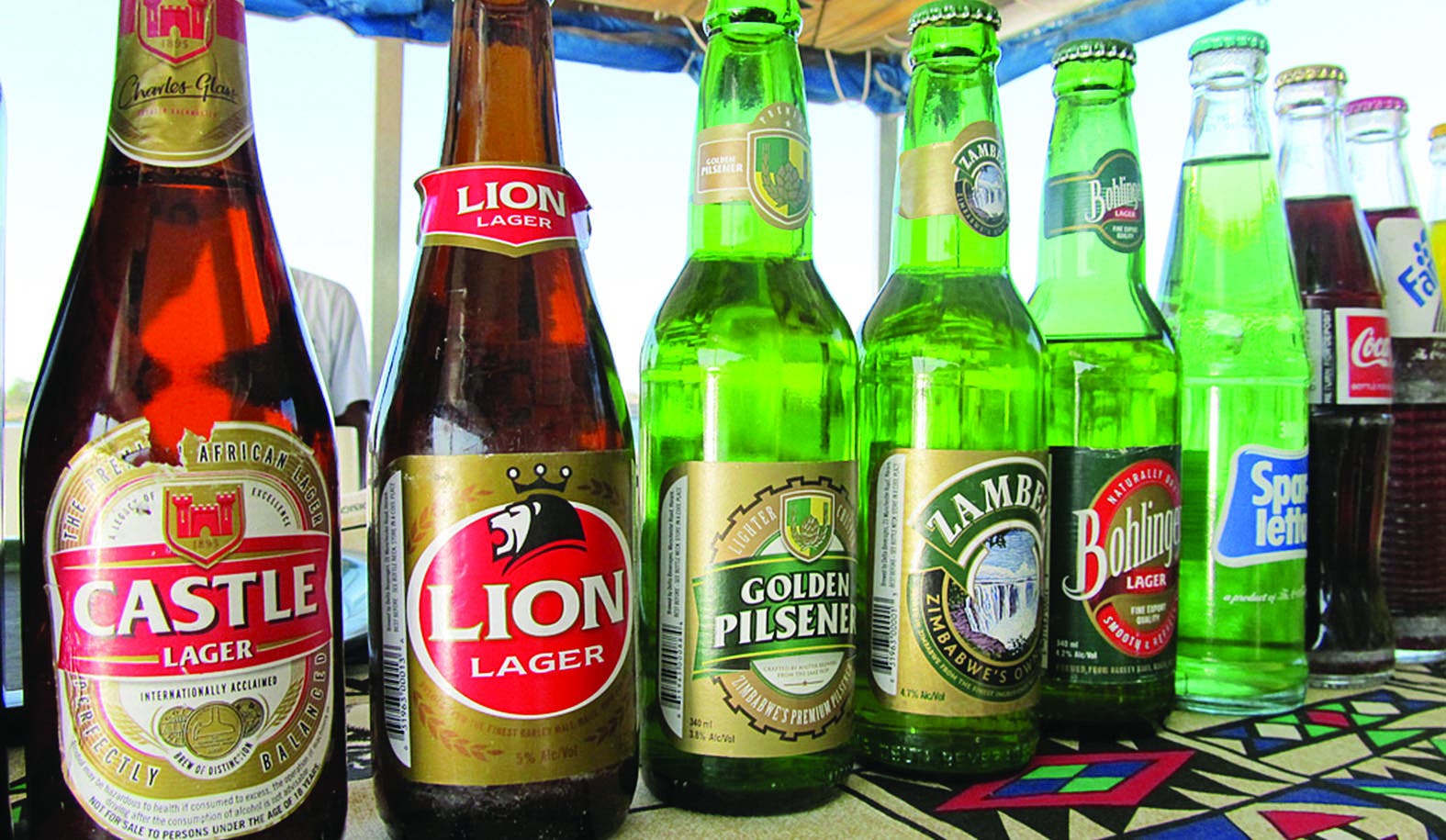Govt policies benefit retail companies
EQUITY research firm, IH Securities, says a wide range of business-friendly Government policies such as the introduction of the ZiG currency and market access restrictions, are benefitting retail companies.
As a result, more companies are investing in expanding their capacity and enhancing efficiencies to better serve the market.
IH Securities, in its recent Zimbabwe Consumer Sector Report, highlights that despite the challenging operating environment, consumer-oriented companies with direct access to the USD-rich informal sector, such as Innscor and Delta, have fared better than other sectors.
The report observed a growth in sales volumes for consumer-oriented companies, indicating robust liquidity at the bottom of the pyramid.
“Key developments that will influence the performance of retail players in 2024 are the introduction of the ZiG currency, which has brought about some reprieve and stability for business planning purposes.
“Restrictions on the route to market. To reduce the level of informalisation and restore the supply chain from the manufacturer and wholesaler to the retailer, the (Ministry of Finance, Economic Development and Investment Promotion) MoFED mandated that only licensed and tax-compliant operators can procure goods from manufacturers and wholesalers,” reads part of the report.
“On the flip side, the Government recently removed the 10 percent trading margin on the exchange rate, which had been put in place to buffer formal traders.”
ZiG is a structured currency backed by a reserve of foreign currency and precious metals, primarily gold, held by the central bank.
The ZiG exchange rate has been stable over the last three months, trading at between ZiG13,2 and ZiG13,7 per US$1. The International Monetary Fund (IMF) recently indicated after its recent Article IV Mission to Zimbabwe that the country had succeeded in ending “a bout of macro-economic instability in the first three months of the year.”
IH Securities said despite the expected conditions in the current year, some of the companies operating in the space have in the past three cycles invested in increasing capacity and bettering of efficiencies to better position themselves to service the market.
“Delta has spent US$100m to alleviate supply-side constraints while Innscor has sunk in US$157m targeted at capacity building, product extensions and introduction of new categories. Dairibord has also announced a pipeline of US$24m in capital expenditure.”
It said Innscor investments will allow the group further scope to generate revenue as well as further improve manufacturing processes and efficiencies.
“We forecast revenue for Innscor will grow nine percent to US$876m in FY24 driven by enhanced production capacities and route-to-market initiatives,” it noted.
-chroncie










